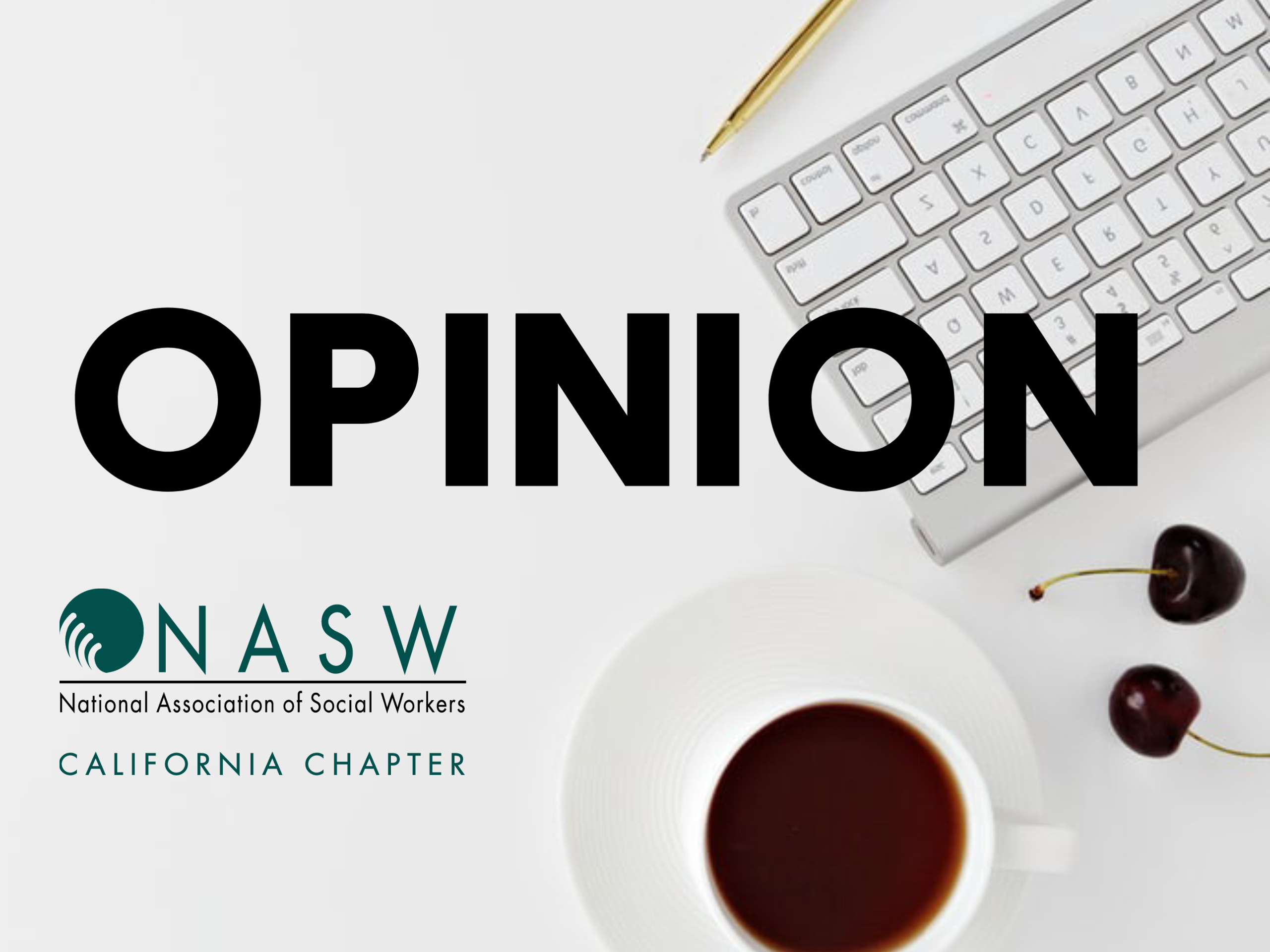
by Marilyn Montenegro
Over the past decade, the Women’s Council of the CA Chapter of the NASW has interrogated the fundamental conflicts between legal requirements and our ethical responsibilities as social workers. We have asked ” Is Legal Always Ethical?” and promoted in-depth discussion with experts in the areas of drug policy, crime and punishment and the helping professions, oppression and resistance, and trauma informed systems through the lens of critical race theory.
Through these and other forums we have concluded that while laws are designed to serve the interests of those with power and property, the ethics of the social work profession are designed to advance social justice, and the two are in fundamental conflict . We find that we are asked to help our clients change, to modify criminogenic thinking, to gain self-esteem, to get sober, to deal with past trauma, to express remorse, to demonstrate rehabilitation while remaining embedded in a system that continues to inflict trauma, oppression, violence and injustice.
We are dismayed at recent suggestions that social workers serve together with police as full participants in a system based on establishing blame and punishment. For too long we as social workers have been handmaidens to an institution created to enforce property rights by catching enslaved people, people who were considered property. As social workers we have supported the idea that police and policing are necessary to ensure public safety and have responded to police violence and brutality with suggestions for modifications (training, regulations, civilian oversight) rather than concluding that a system based on violence, punishment and retribution is incapable of promoting public safety.
We endorse another vision of community care and safety based on community self-determination and self-care, the Breathe Act. This proposed legislation (developed by the Electoral Justice Project of the Movement for Black Lives), offers a radical reimagining of public safety, community care and the ways in which we spend money as a society. The 128 page bill (The Breathe Act) may be found here.
The Women’s Council is in full support of reimaging of society and the role of social workers with in it. We embrace the notion that it is not enough to just say Black Lives Matter – we need to live it.
To learn more about or join with the Women’s Council and our ongoing efforts to resist implementation of misogynistic, racist and discriminatory practices and to use our privileged status more effectively in the service of principled resistance contact Brenda Wiewel, Chairperson at bwfranken@verizon.net or (213) 465-0053.
NASW-CA values the diversity of opinion and critical dialogue and invites stakeholders to share with us their perspectives about social issues. While NASW-CA works diligently to represent the voices of its 9,000 members and beyond, it is impossible to capture the breadth of experiences and reflections of thousands of social workers across California. This section is meant to ensure a place to highlight and honor the voices of our members.











